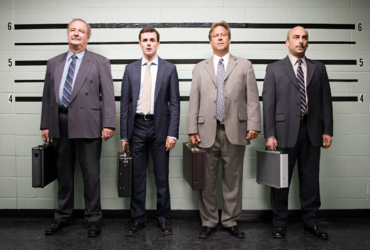A crime against the justice system
Obstruction of Justice has been broadly defined as “any interference with the administration of law and justice.” While broadly defined, specific instances of such criminal conduct have been encoded into well-defined state and federal statutes.
The following are examples of obstruction of justice:
Trying to influence law enforcement, jurors, and public officials.
(18 U.S.C. Sec 1503)
Trying to obstruct a state or federal criminal investigation.
(18 U.S.C. Sec 1510)
Tampering with witnesses, victims, or informants.
(18 U.S.C. Sec 1512)
Destruction or forging corporate audit records. (A recent extension of the law now includes criminal liability of accountants performing SEC audits and who engage in the destruction or altering of relevant backup financial records)
(18 U.S.C. Sec 1520)
Foundational Crimes To Obstruction:
Depending on the factual context, other crimes such as bribery, extortion, perjury, contempt, and giving false or misleading testimony to law enforcement to obstruct an investigation can qualify as an underlying crime of obstruction of justice.




